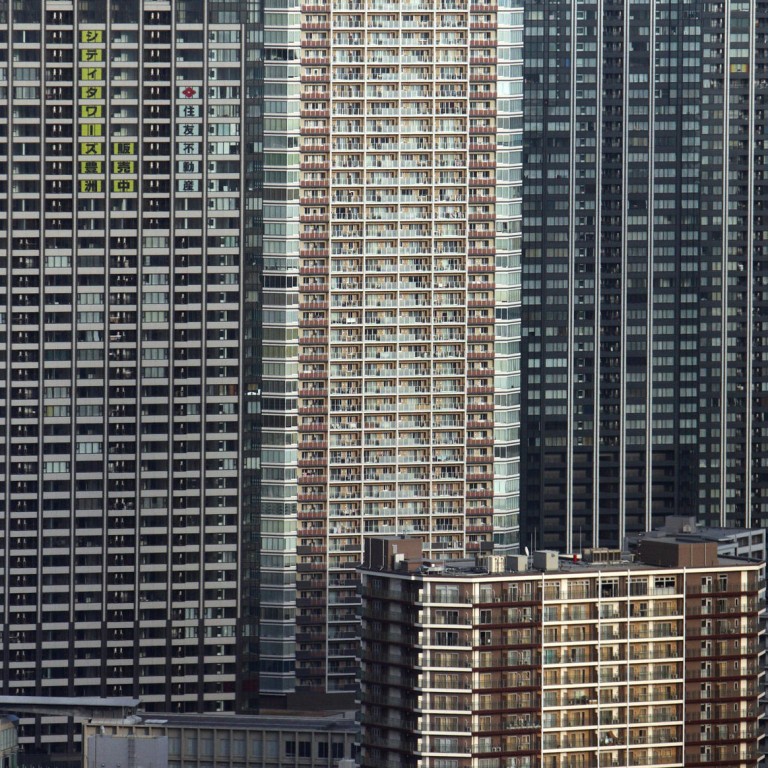
Cheap Japan property an option for Hong Kong investors
As property prices spiral in many Asian countries, the Japanese market has curiously lagged behind. Perhaps investors never got over the shock of the Tokyo real estate bust of the late 1980s.
As property prices spiral in many Asian countries, the Japanese market has curiously lagged behind. Perhaps investors never got over the shock of the Tokyo real estate bust of the late 1980s. But, for most of the past two decades, Tokyo has seen no capital gain, says Christopher Dillon, author of .

The steep devaluation of the yen has made Tokyo property cheaper and yields healthier for foreigners looking for an investment property. Moreover, Japan's population is shrinking, which means it is ageing. This means there are fewer people living in each household. Paradoxically this has translated into more demand for property.
The Tokyo market has its quirks. For example, Dillon urges investors to consider tiny Tokyo flats - typically about 140 sq ft - that are popular with office workers. This is space for one room plus a tiny moulded bathroom and a kitchenette. This works in central Tokyo where harried salarymen prefer to live close to work and see their flat as a place to crash after a long day at the office.
"Little places are where the action is, no one wants to live in larger homes," says Dillon. Recreation properties in areas such as Hokkaido are also popular with foreigners, but watch out for areas elsewhere in skiing areas that were over-built and abandoned. A US$10,000 ski chalet can look attractive but hides a huge deferred maintenance cost, warns Dillon.
Everyone in Japan is moving to cities, be they young and talented or retirees, leaving the rural areas increasingly deserted. "The countryside is becoming like Detroit almost, with petrol stations and hospitals closing," cautions Dillon. "You can buy very cheaply in rural areas, but who is going to want to go there? Everyone is moving to Tokyo."
The exception is Okinawa, which, American bases notwithstanding, is famed for longevity and quality of life and is popular with retirees.
The buyer-beware list is refreshingly short. Foreigners are limited in what they can do, which simplifies the process, says Dillon. First of all, think in terms of a cash purchase, since getting finance is almost impossible. "But with a tiny central Tokyo unit costing US$50,000, this is probably realistic," says Dillon.
Remember also that some buildings come with a share of the land and others do not. When a land lease in Japan is up, it has no residual value. "So make sure you have claim to the underlying land," says Dillon. Also pay attention to the building's age - the newer the property, the more earthquake-proof it will be.
Look for an agent who is comfortable dealing with you, says Dillon. Remember all transactions will be in Japanese. Find someone used to dealing with foreigners and think of turn key. Expect to hand over all dealings to the agent, from finding the property, doing the deal, getting the tenant, collecting rent and paying the tax. It's a one-stop shop.
"Think of your agent as your personal ATM. You can't open a bank account as a foreigner, so he will telegraph you the cash. He does it all, for 5 per cent of the rent," Dillon says.
